Winning the lottery can be life-changing. Many people have had problems, even their lives, after their names became known and they had a large amount of money in their hands. Experts often encourage winners to keep their personal information anonymous. However, according to the regulations on lottery winnings in the US, not everyone has the opportunity to keep their personal information confidential. Anonymity depends on where they live.
In the United States, many states require lottery winners, both Powerball and Mega Millions, to be publicly identified. The most recent Mega Millions jackpot in California was won by two tickets sold at a gas station. Disclosure laws require state lotteries to reveal the full names of winners and where they were purchased. That’s how the nation learned who won the $2.04 billion Powerball jackpot in November 2022.
States have different rules about how to make winners’ names public. In Idaho, the winner’s name, town, prize size, and where they bought the ticket are all made public. The Iowa Lottery also says winners cannot remain anonymous when claiming their prize.
If you win the lottery in Colorado, the winner's first name and last initial are published on the state lottery's website. In New York, South Dakota, Vermont, and Wisconsin, the winner's name and city are published.
Some states have more complicated rules. Like Michigan, state-level wins of more than $10,000 are anonymous. But with interstate games like Mega Millions, winners can be publicly named.
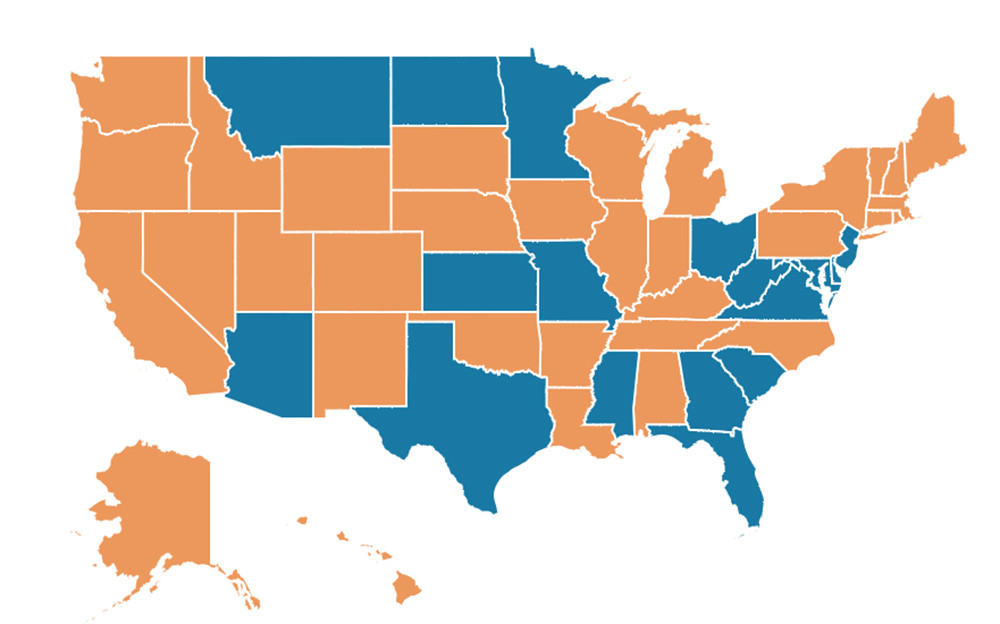
In Arizona, the name of anyone who wins a prize of $100,000 or more remains secret for 90 days after the prize is awarded. Winners can choose to keep their names secret forever, but their city and county of residence are not kept secret.
Florida only allows winners of prizes of $250,000 or more to be exempt from public disclosure for 90 days. After that, state law requires the winner's name, city of residence, game played, date and amount of the win to be provided to any third party that requests the information.
The rules are similar in New Mexico, where the state lottery requires the name, city of residence, game played and prize amount of anyone who wins $10,000 or more to be listed on the agency's website.
According to the Lexington Herald Leader, names are optional in Kentucky, but can be obtained through a public records request. The names, states and hometowns of winners in Tennessee can also be obtained through a records request.
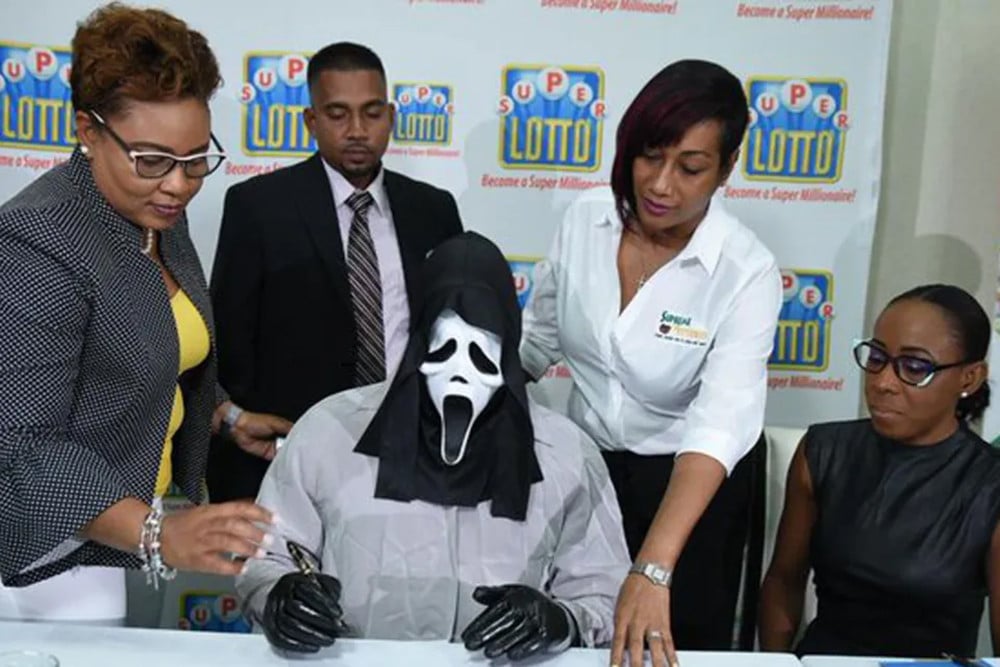
Because lottery prize payouts are public records, meaning residents can request them, winners cannot remain anonymous in Louisiana, the state lottery said.
In North Carolina, winners of prizes over $600 cannot remain anonymous, according to Nexstar. Minnesota allows winners of prizes over $10,000 to remain anonymous. In Illinois, the prize money for choosing to remain anonymous is much larger, at $250,000.
However, in Texas and West Virginia, winners of prizes of $1 million or more can choose to remain anonymous. Lottery winners in Kansas, Maryland and North Dakota also have the option to remain anonymous, regardless of the prize.
Other states that allow winners to remain anonymous include Delaware, Mississippi, South Carolina, Montana, New Jersey and Wyoming.
If you win the lottery, the first thing you need to do is ask the lottery company to check whether it is required to publish the information or not?
In Vietnam, there are no regulations on the disclosure of personal information of lottery winners, especially those with large prizes. Therefore, the fact that Vietlott winners with tens of billions of dong all wear masks and keep their identities secret has caused much speculation about both the winner's outfit and identity.

Source: https://vietnamnet.vn/bi-an-chu-nhan-doc-dac-vietlott-dan-my-trung-xo-so-tram-ty-co-deo-mat-na-2331575.html








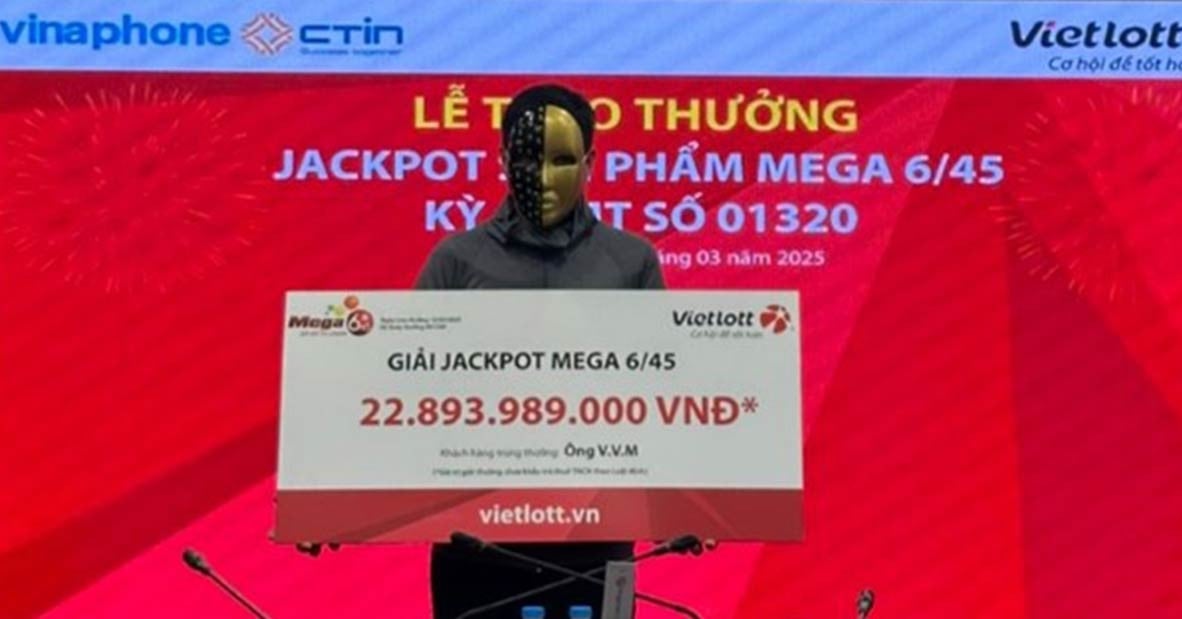
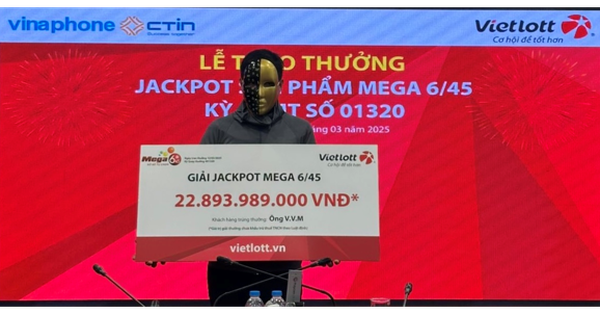



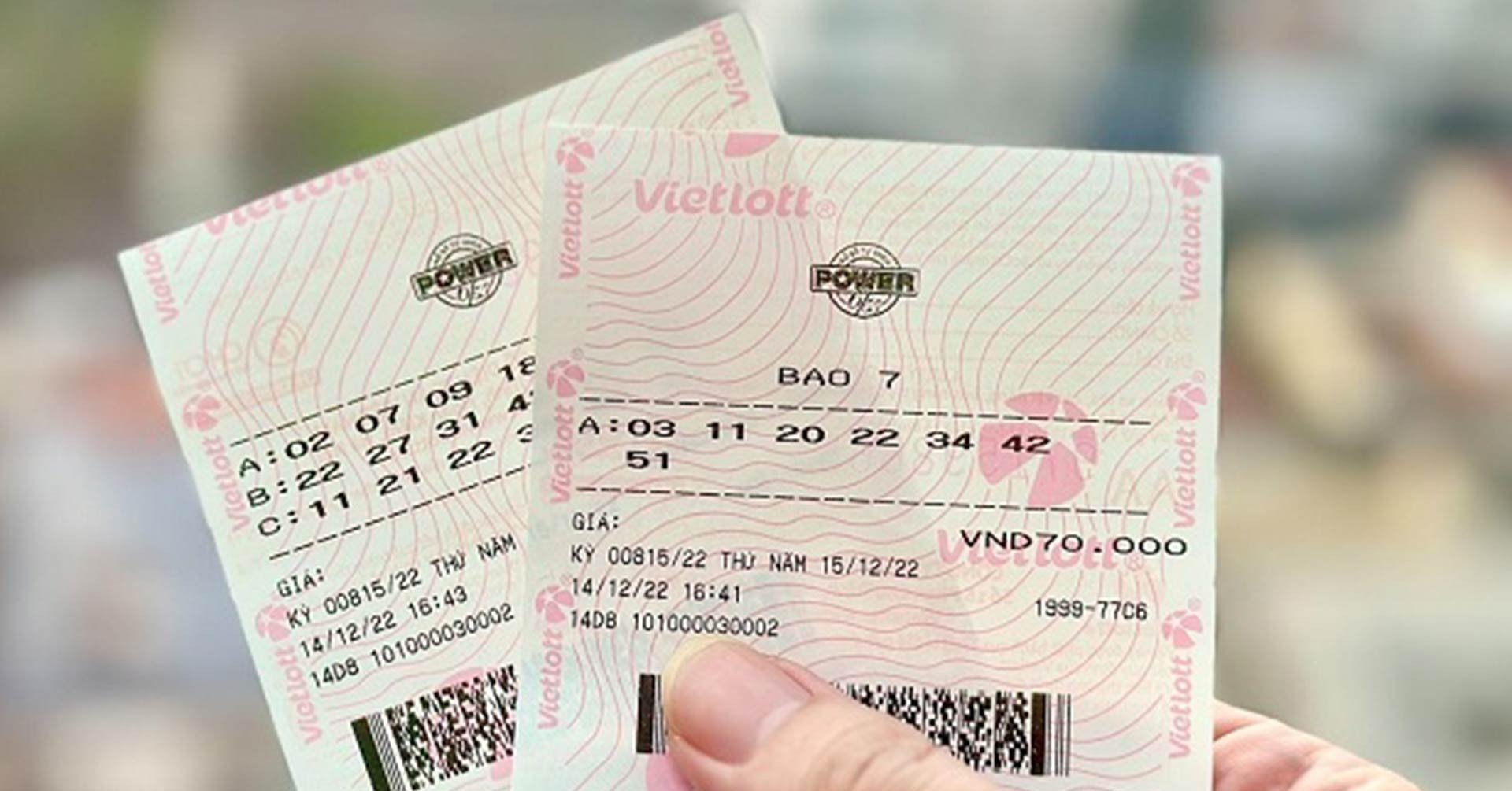
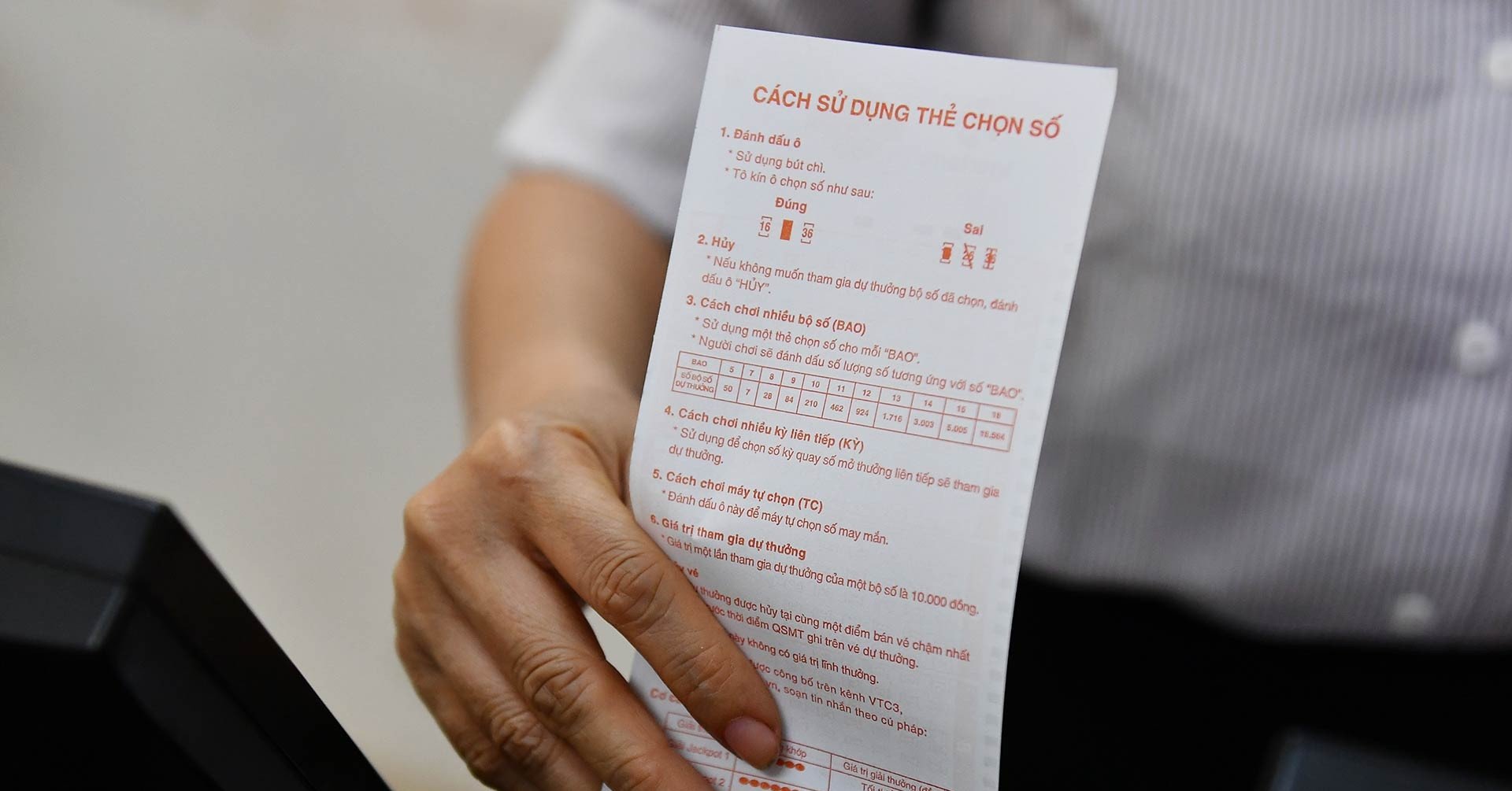





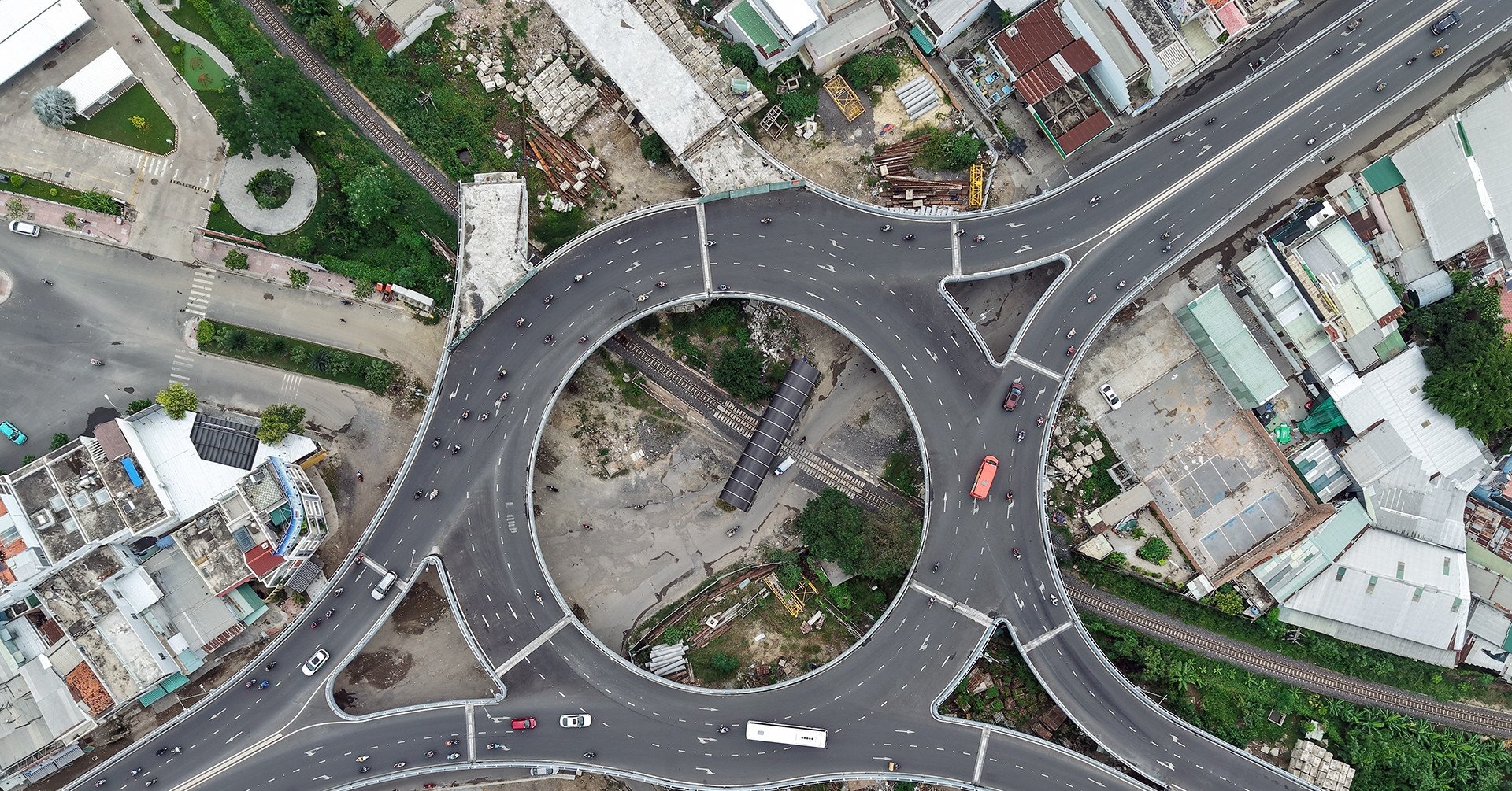
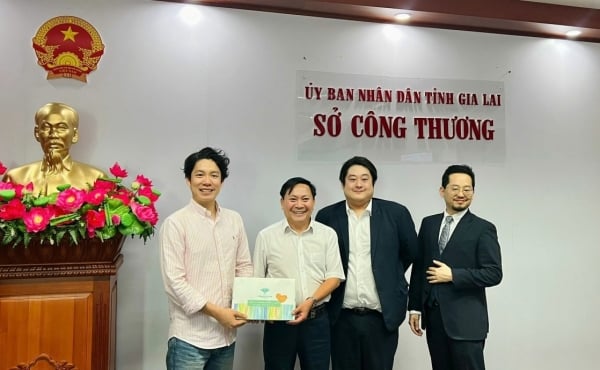
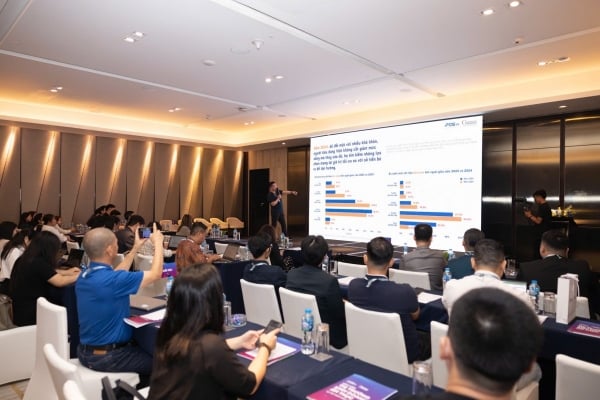




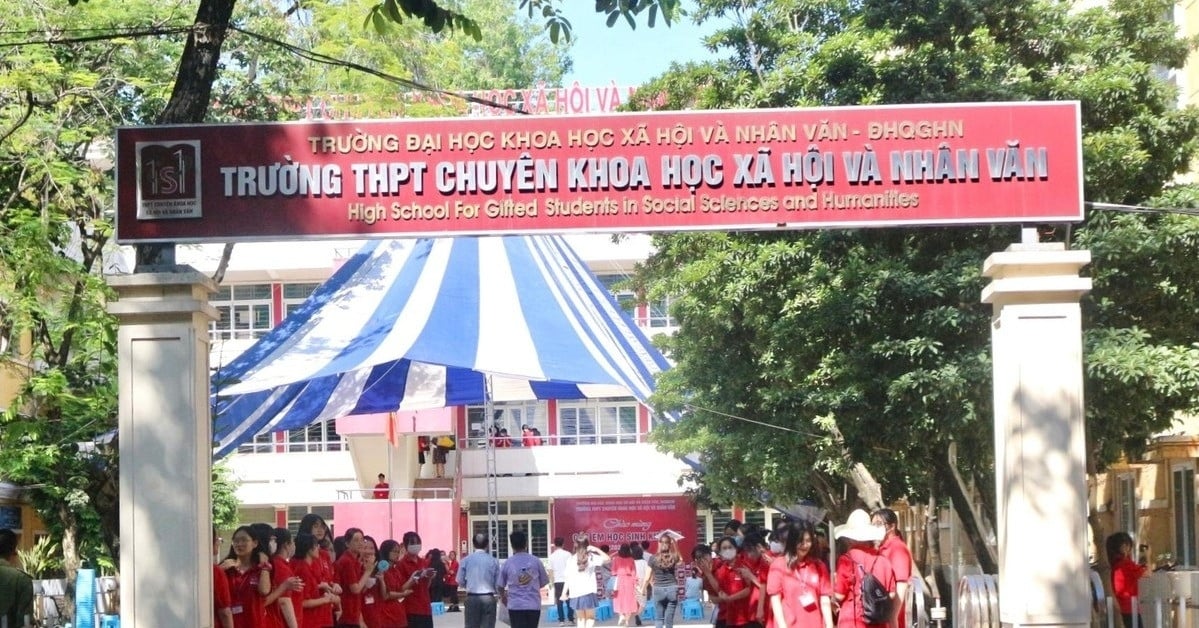
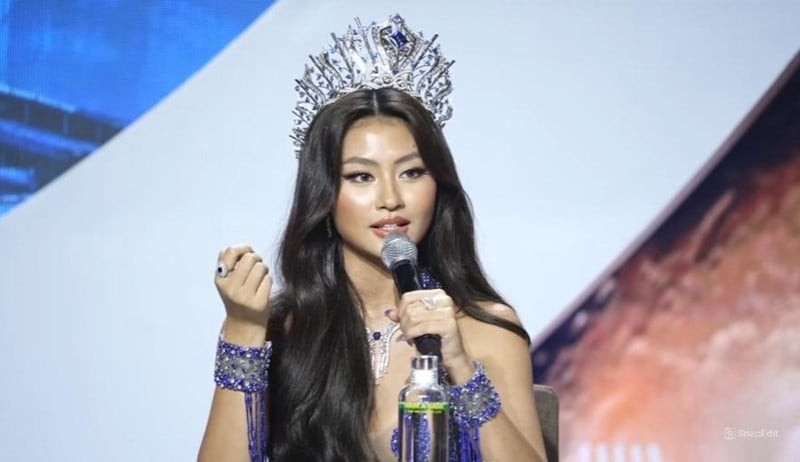
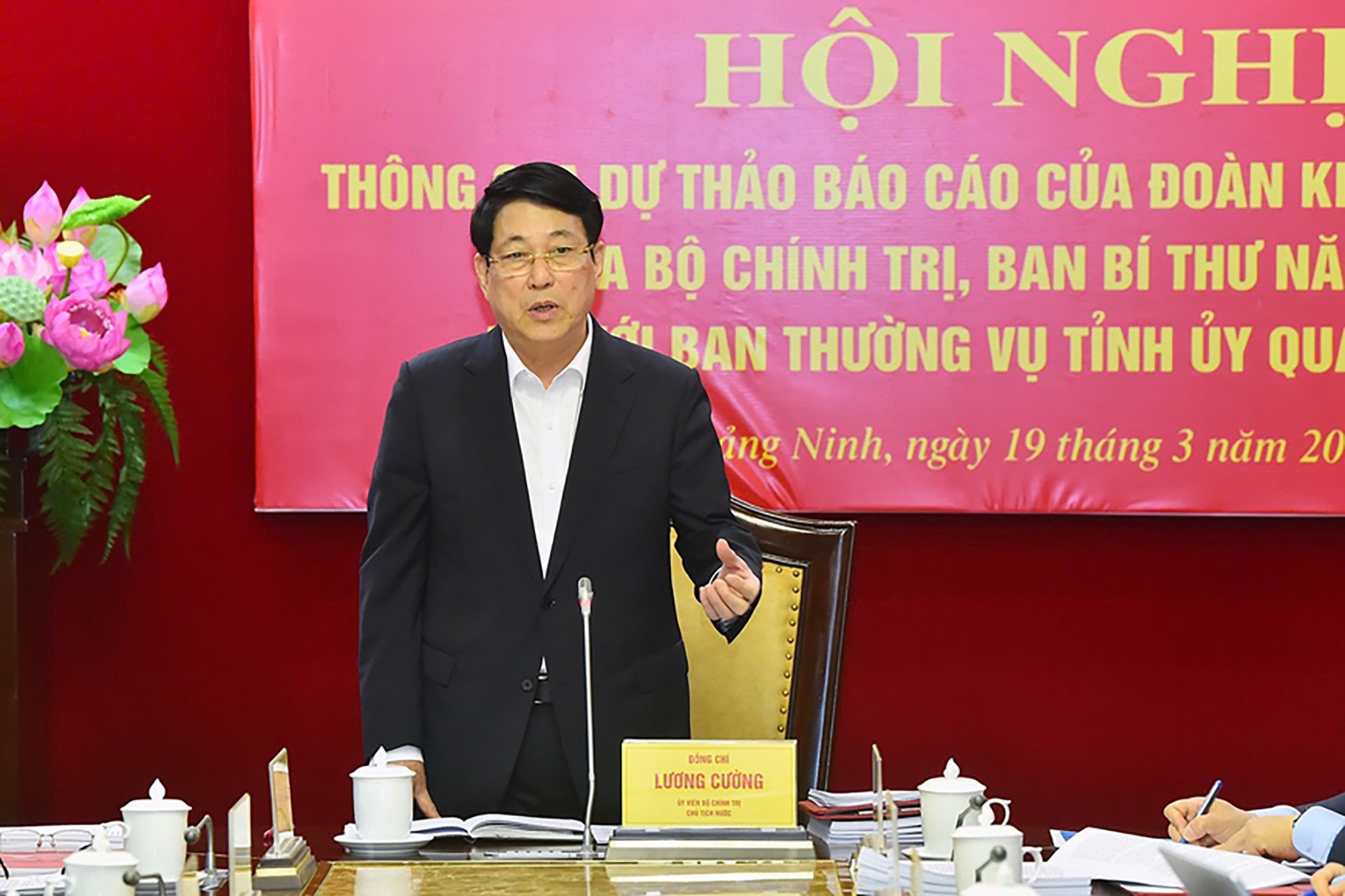
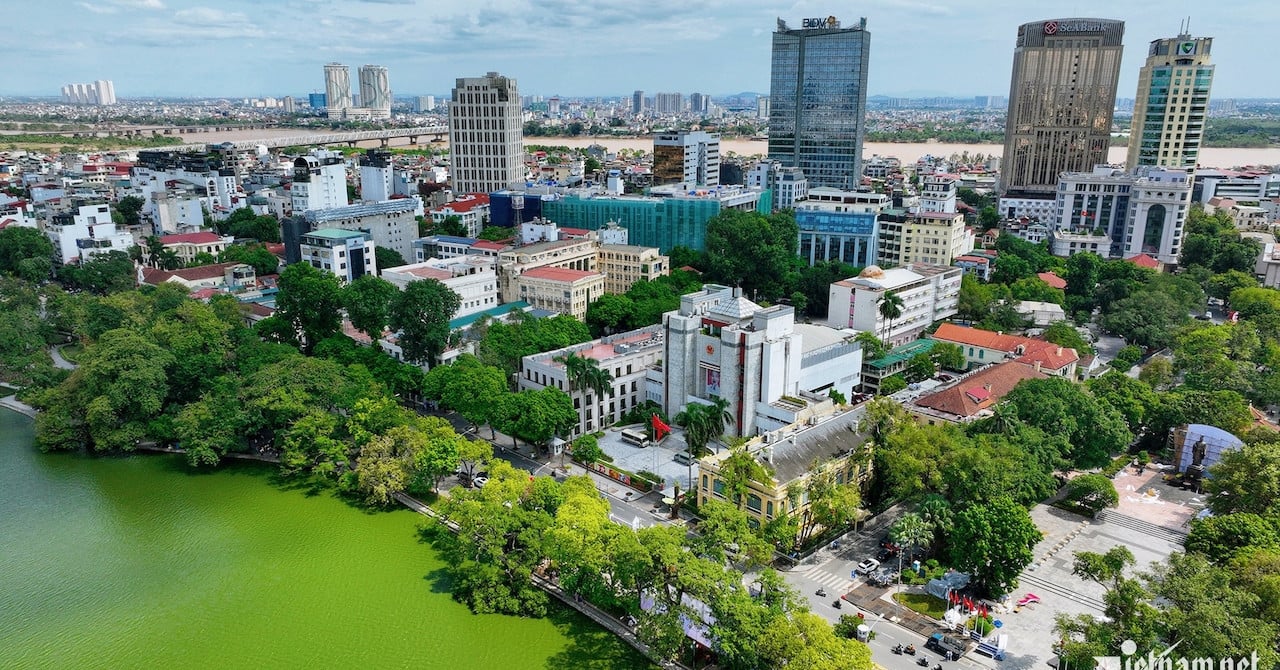

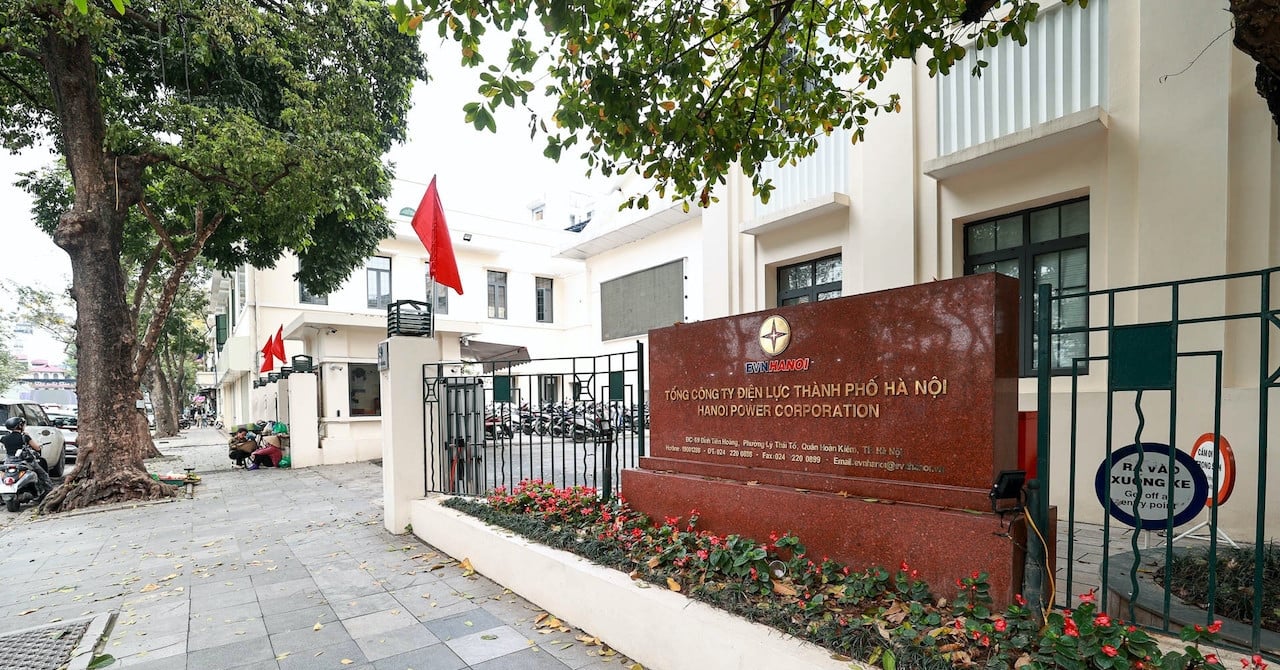

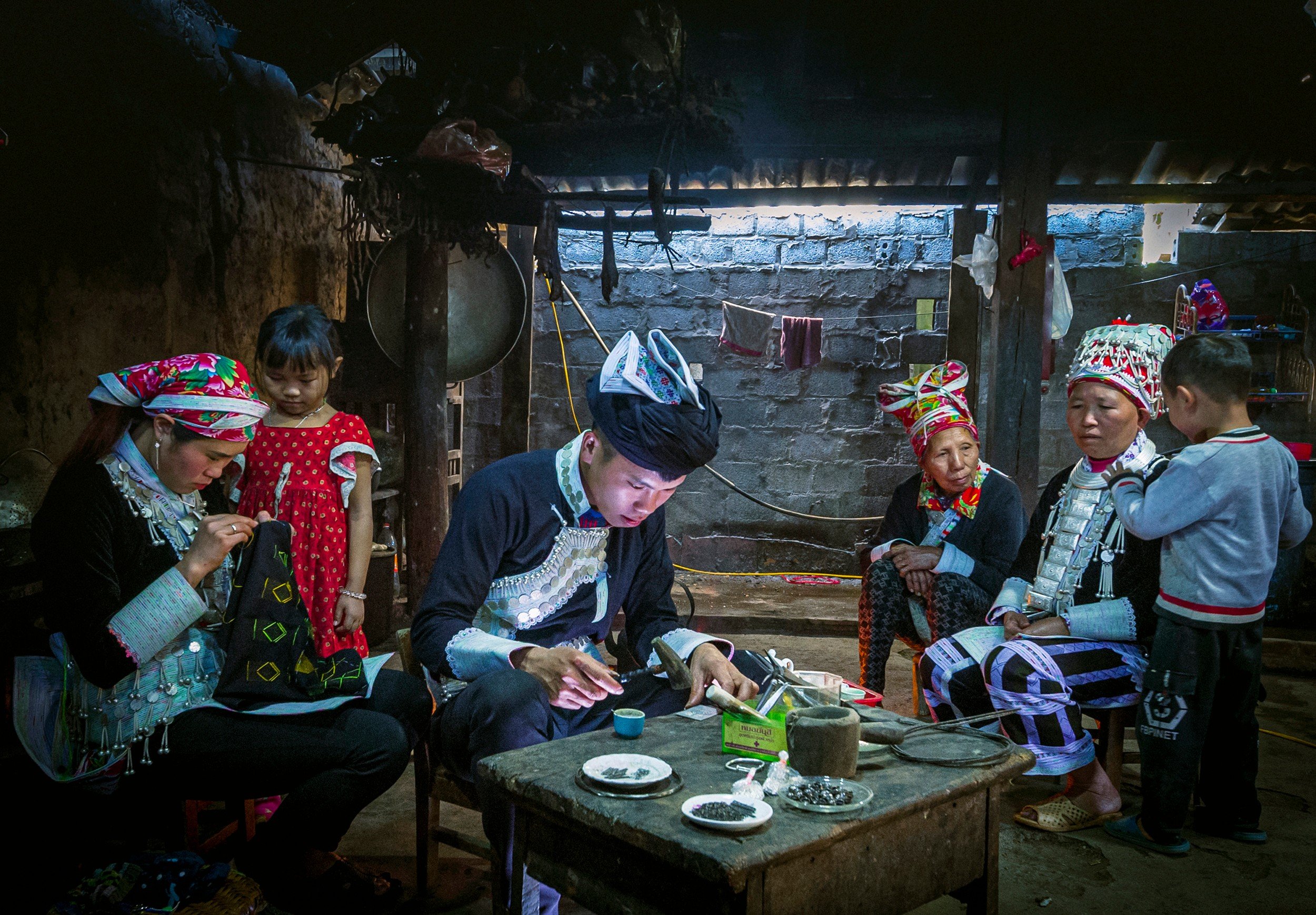



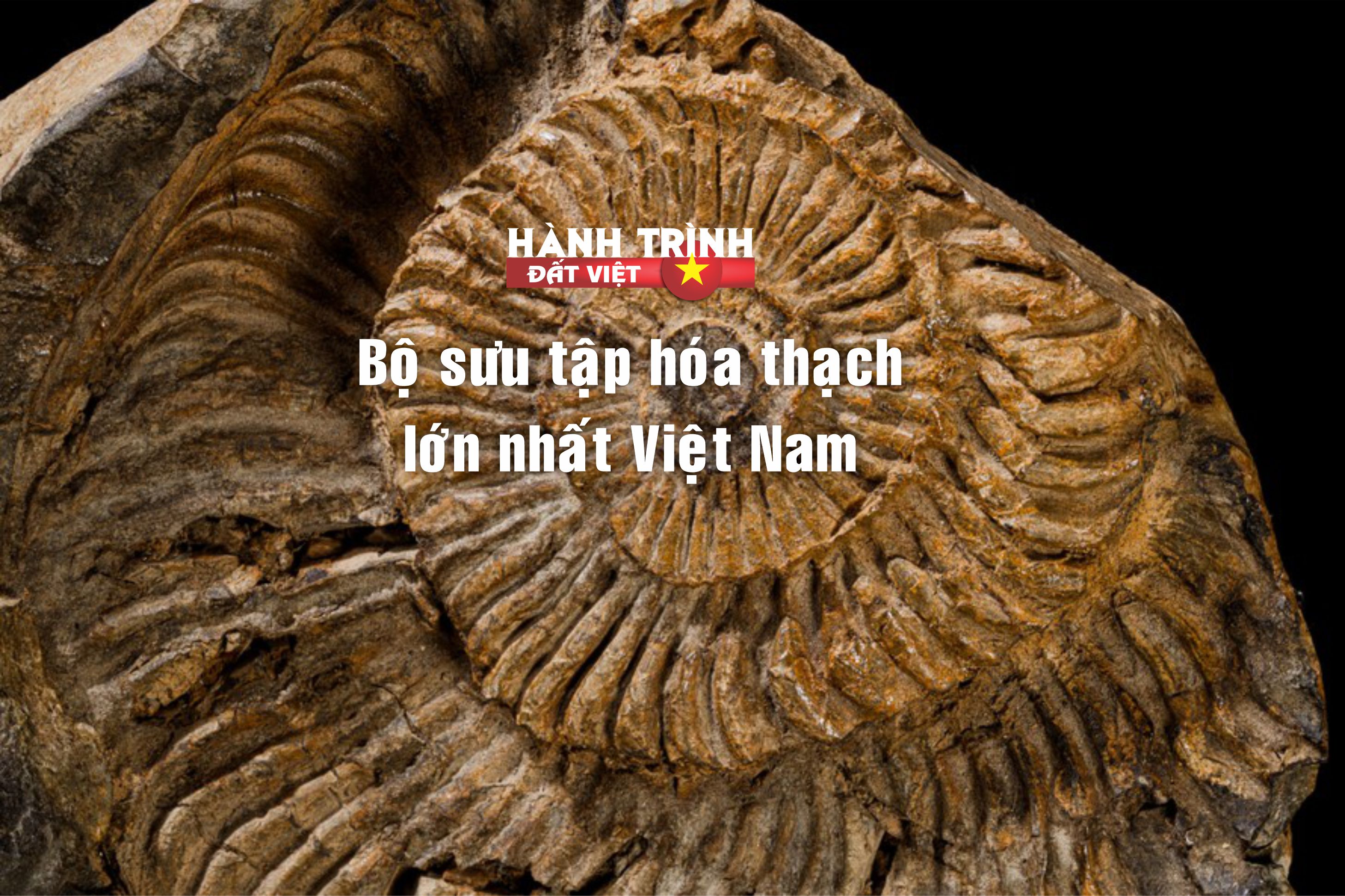



















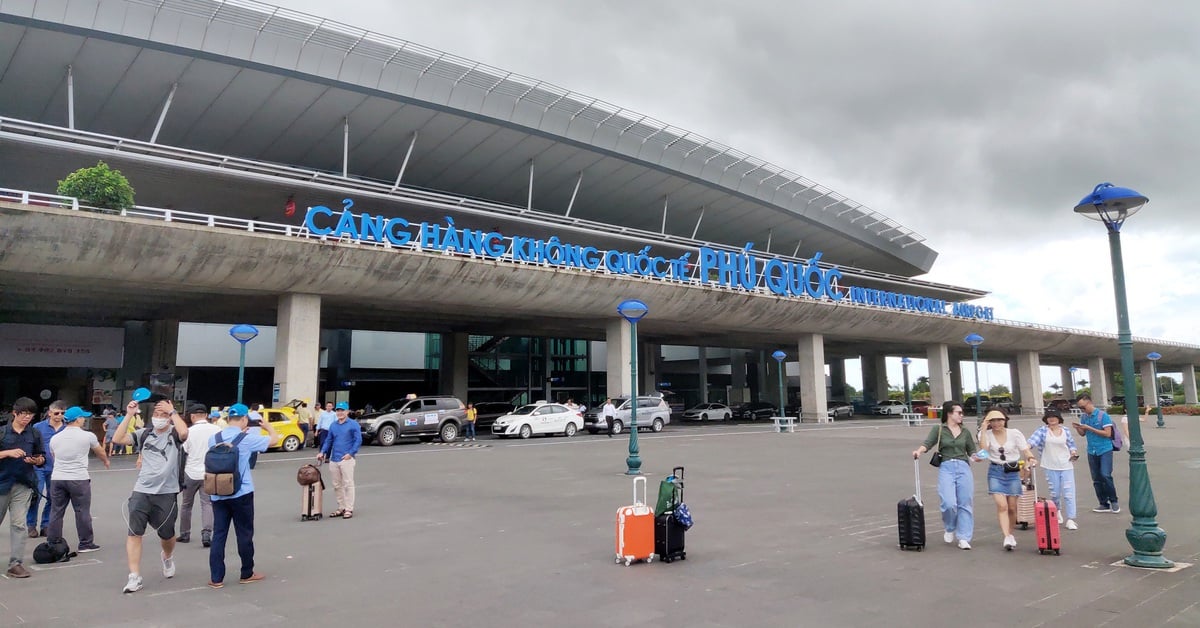











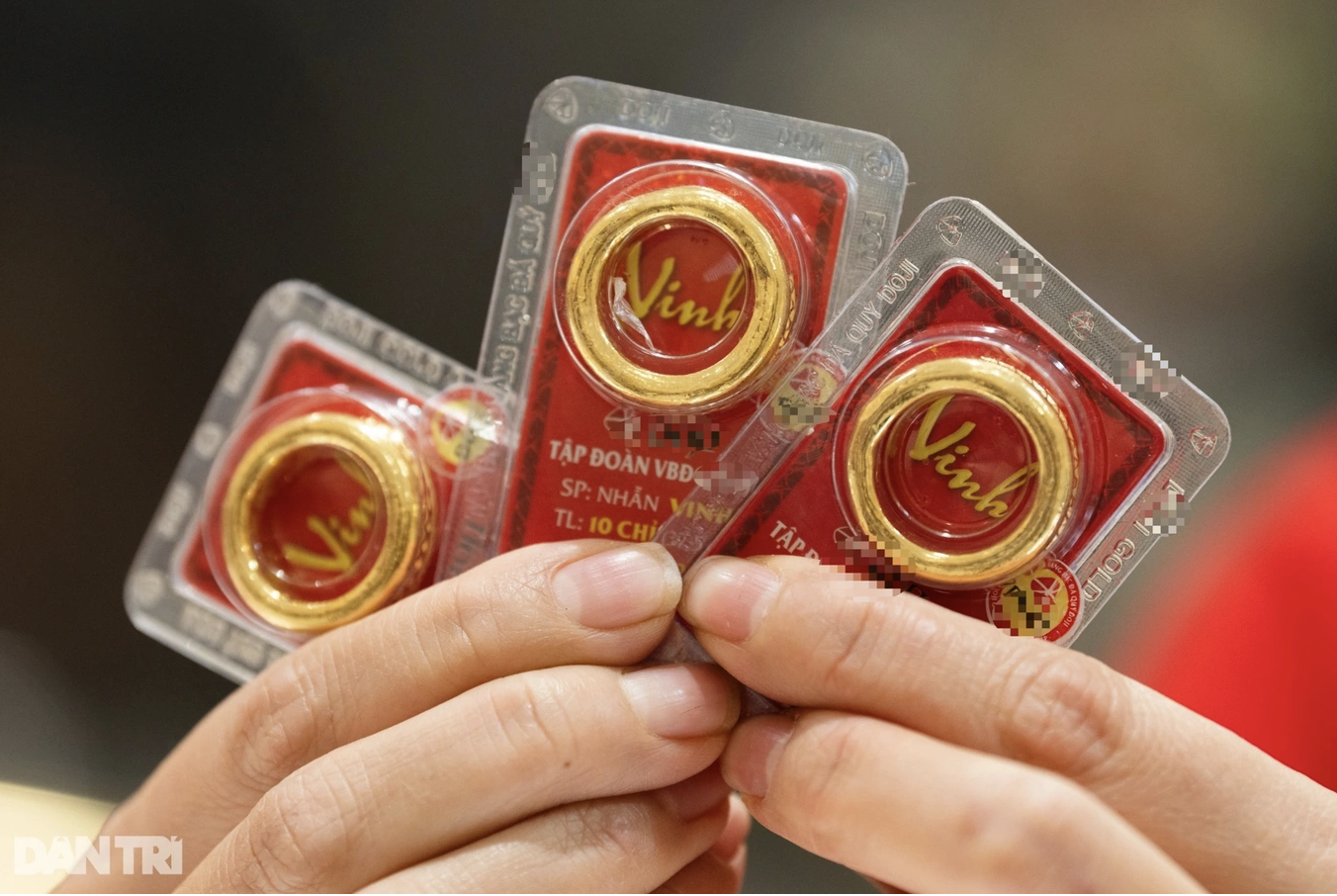


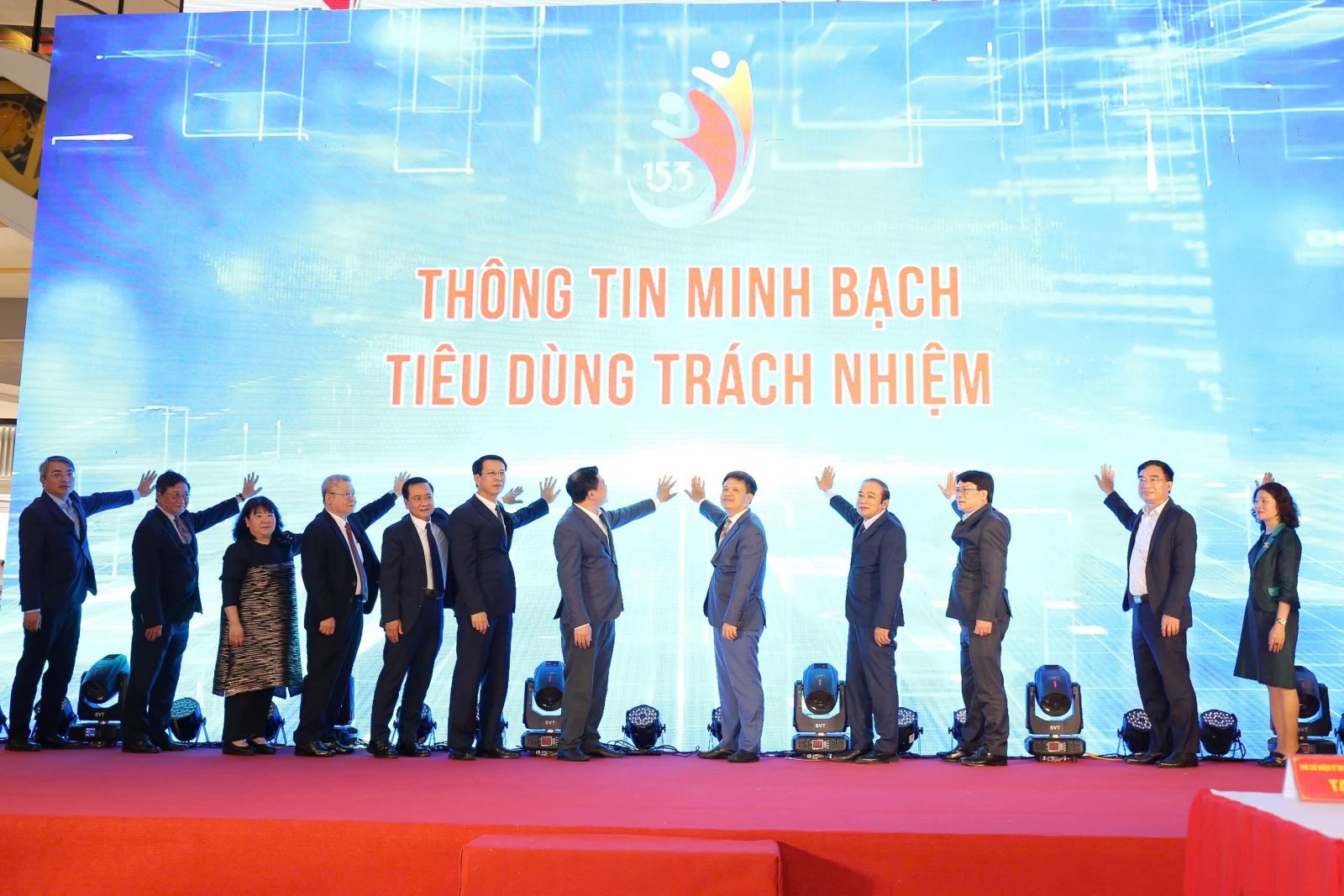

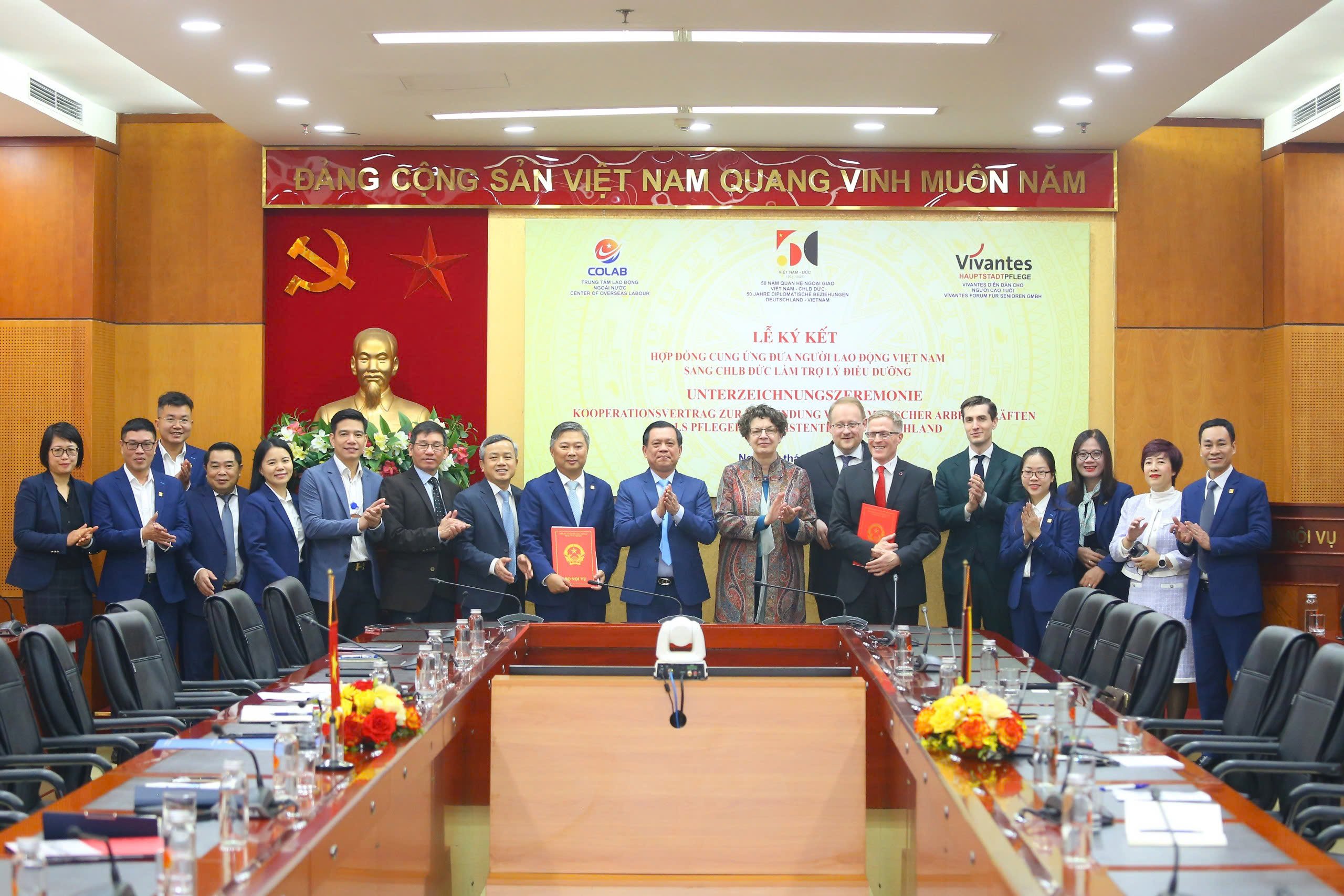



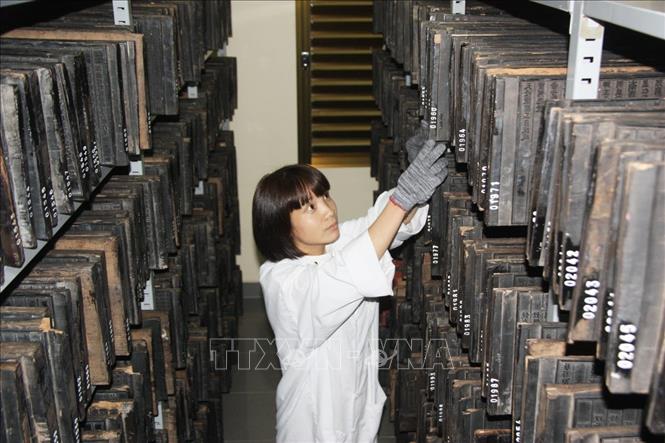























Comment (0)